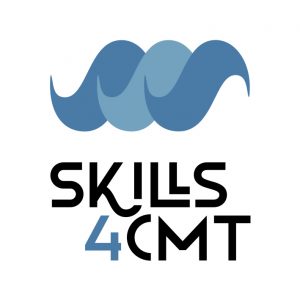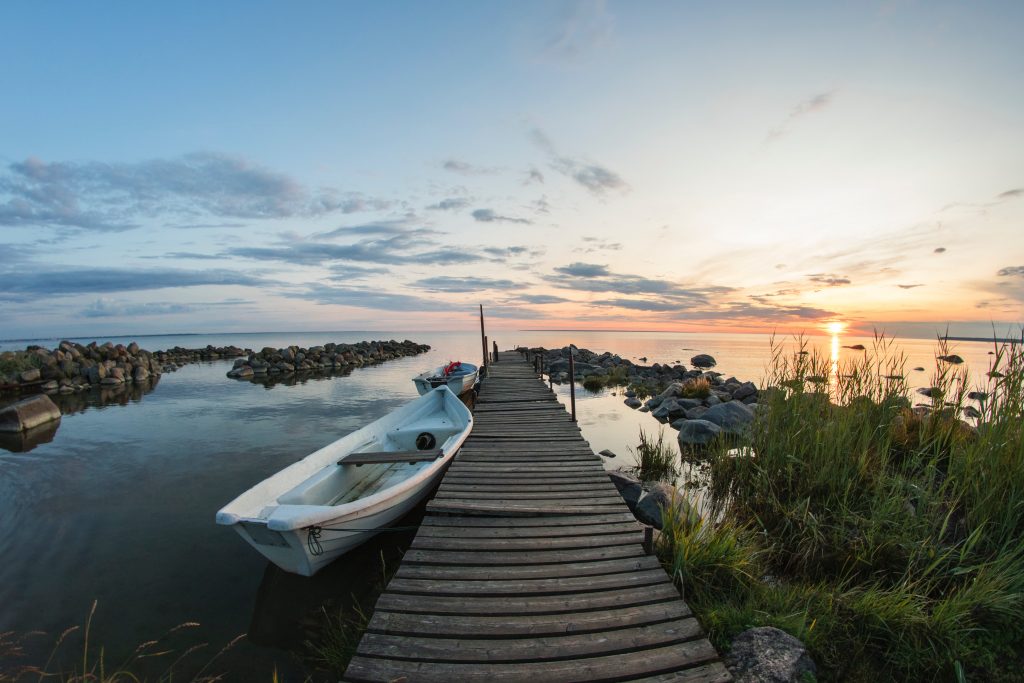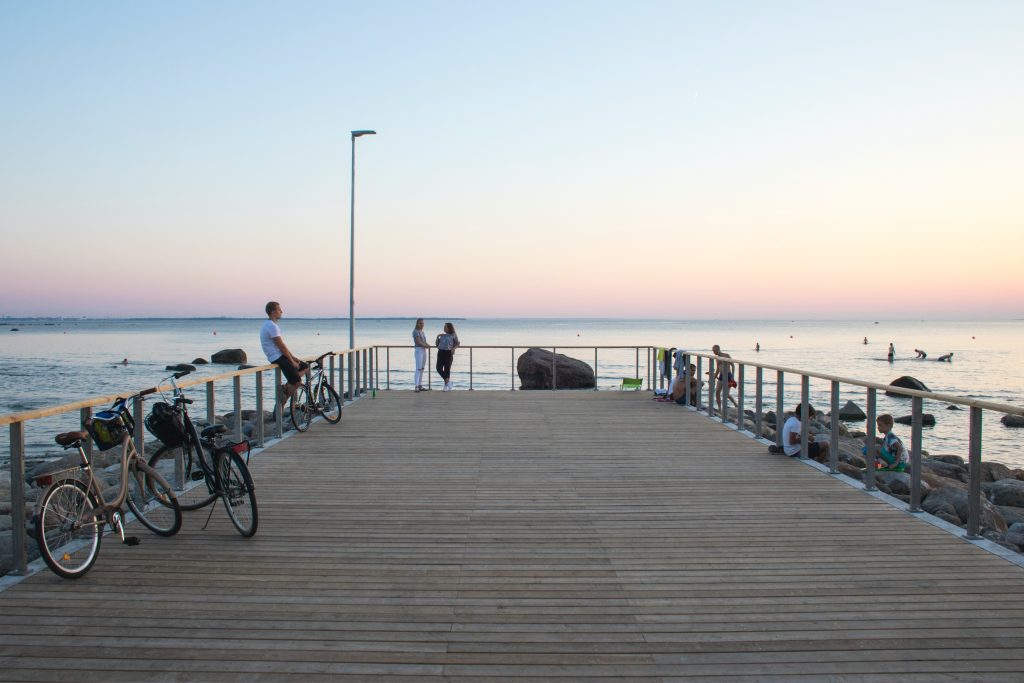
Skills4CMT
Sector-Specific
Skills Development in
Coastal and Maritime Tourism
Duration: 1 November 2020 – 30 June 2023
Funded by: Erasmus+ Programme of the European Union
Key action: KA203 - Strategic Partnerships for Higher Education

WHY Skills4CMT?
- Coastal and maritime tourism (CMT), as the largest maritime activity in the European Union, is of major importance in the European economy.
- Coastal and maritime locations are the major attractive factors in European tourism.
- Limited awareness of the specific skill needs, existing skill gaps and mismatches hamper the competitiveness of the sector. The CMT sector is also characterized by a low level of education.
- Higher tourism education does not address to the extent necessary the skills development in CMT.
The project will make a fundamental change to sector-specific skills development and the quality and digitalization of thematic higher education in CMT. It aligns higher education better to the needs and opportunities of the CMT sector, since investing in people is a condition for its sustainable and competitive growth. The project stimulates regional economy and the creation and maintaining of jobs in coastal communities.

Objectives
The objectives are
- to increase understanding of the needed sector-specific skills and qualifications in CMT to tackle skills gaps and mismatches.
- to develop a learning outcomes-oriented curriculum to strengthen the strategic and structured cooperation of higher education institutions in CMT education.
- to increase the use of innovative digital technologies, methods and tools as well as open educational resources (OER) for skills development in CMT.
Target Groups
The project focuses on European cold water destinations: the Baltic Sea, the North Sea and the Atlantic Ocean.
The primary target groups are
- Tourism industry stakeholders: potential and existing labour force, tourism entrepreneurs,
- Higher education and vocational institutions
- Other stakeholders related to tourism development
Results
The main results of the project are
- occupational profiles for the three key occupations in CMT with descriptions of the knowledge, skills and competencies.
- a curriculum for coastal and maritime tourism and
- eLearning opportunities and Open Educational Resources (OER) for the curriculum.
The curriculum consists of four courses, 5 ECTS credits each, forming a minor/specialization module (20 ECTS credits) in CMT.


